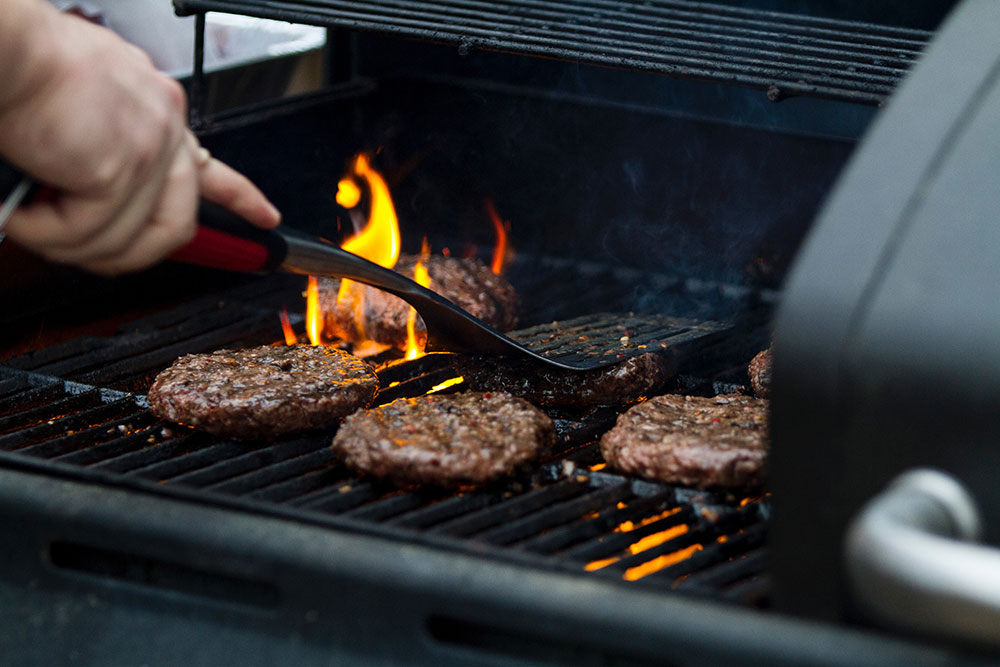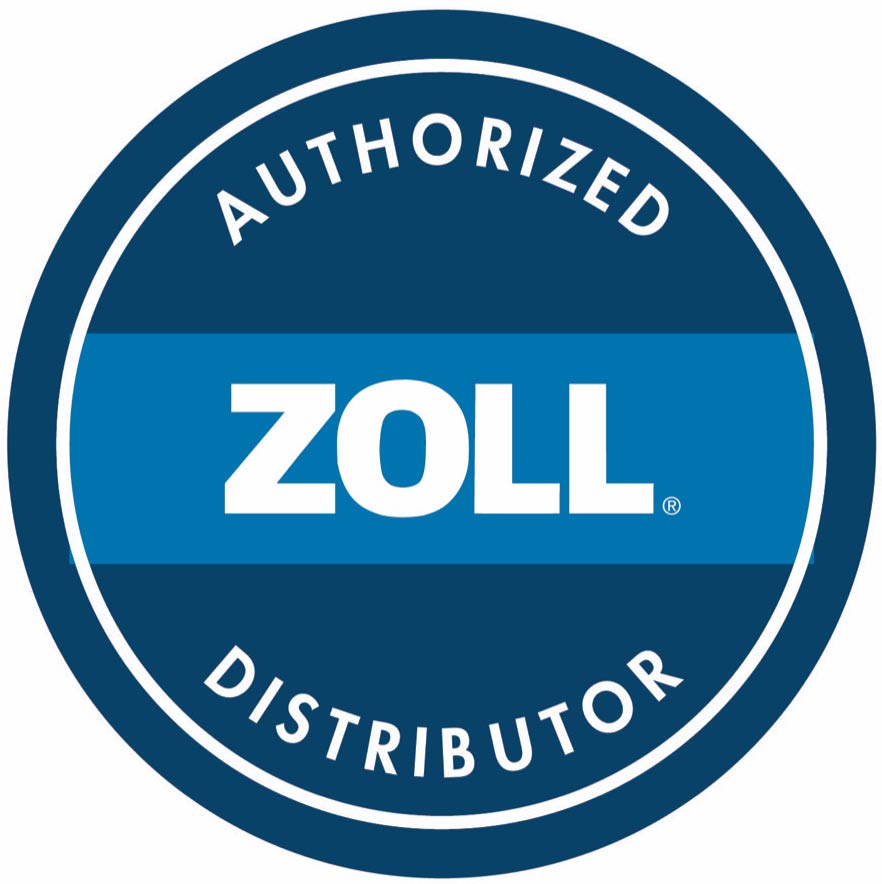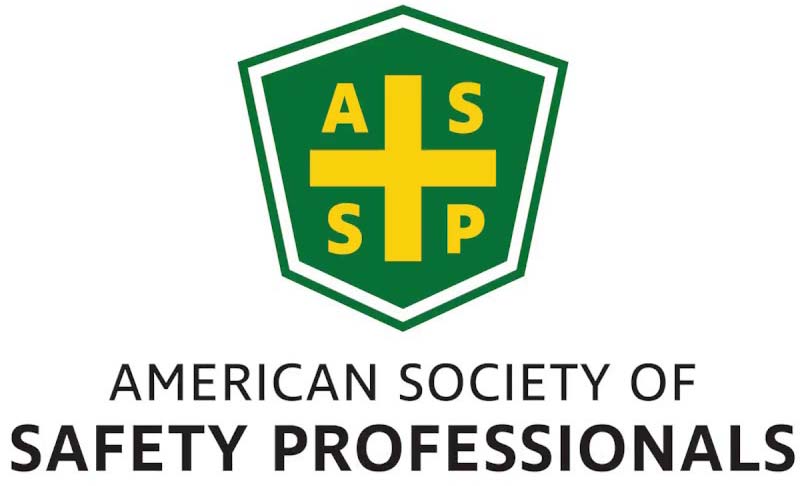It’s summertime, and that means we fire up the barbecue grill … gas if we’re in a hurry, charcoal for those with a little more time. Unsurprisingly, summer is also the peak time for accidents and injuries from grills. According to the National Fire Protection Association, more grill fires happen in July than any other month, followed by June, May and August, in that order.
In all, 10,600 home fires are started by grill use annually, and 19,700 patients visit the emergency room from grill-related injuries, mostly burns (source: NFPA). So, let’s take a look at how not to be one of those statistics.
Before we get to the grill itself, if you have a grill-cleaning brush with wire bristles, throw it out and use a scrubbing-pad type instead. About 130 people per year wind up in the ER after accidentally ingesting bristles that come loose from wire brushes and wind up in food, and the injuries can be severe.
As to the grill itself, some safety advice is pretty obvious: Don’t use grills indoors, keep children and animals at least three feet away, don’t leave a grill unattended.
But consider also where your grill is placed. It should be well away not only from the walls of the home but from deck railings, overhangs or eaves, tree branches or anything else that’s combustible. If you’re using a charcoal grill, don’t use any flammable liquids other than charcoal starter fluid to light it. Even better, use a chimney starter with newspaper as fuel, or an electric starter. If you are using starter fluid, make sure it’s kept out of the reach of children.
Propane grills should be checked annually for hose leaks. You can brush on a light solution of dish soap and water and look for bubbles. If you see any, replace the hose. And if you smell gas while cooking, get away from the grill and call the fire department. Don’t attempt to move the grill.
Just as with kitchen fires, grease is a major factor in grill fires … it ignites easily and it’s difficult to extinguish. Keep the grill clean, as well as the flavorizer bars on a gas grill and any collection trays below the grill. As you cook, keep an area of the grill open so you can move food away from any flare-ups.
Finally, after you’ve enjoyed your meal, make sure the grill is cooled down (and the propane tank valve closed) before moving it near the house. For charcoal grills, wait until the coals have cooled completely before disposing of them in a metal container.
Enjoy your cookouts and have a safe summer!











